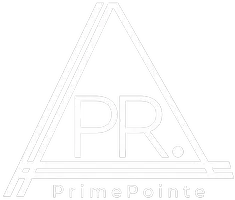The 50-Year Mortgage: Headline Hype or Real Help?
Lately, everyone’s talking about the possibility of a 50-year mortgage. On the surface, it sounds like a dream — stretch your loan longer, lower the monthly payment, make homeownership more “affordable.”
But when you dig in a little deeper, the story looks very different.
At PrimePointe Real Estate Brokerage, we always encourage our clients to look past the headlines and into the numbers. Let’s talk about what this really means — and why the true affordability problem in real estate has less to do with loan length and more to do with something else entirely.
💬 The Real Problem Isn’t the Home Price
Level with us — we understand housing prices are high.
But the biggest barrier to affordability right now isn’t just the price of the home itself. It’s the cost of insurance and property taxes.
We’ve watched more transactions fall apart because of insurance premiums and tax increases than because of the purchase price. Often, those numbers don’t even show up until a buyer is deep into the process — emotionally invested, inspections complete, financing underway.
And then suddenly… the payment jumps.
For new-construction homes, it’s even trickier: property taxes might not fully adjust until the following year, catching many homeowners off-guard. We’ve had clients call months after closing with mortgage payments that jumped by $600+— not because they bought “too much house,” but because their escrow, insurance, or taxes changed dramatically.
So before we talk about stretching debt to 50 years, let’s talk about addressing the real problem — the cost of ownership after closing.
📉 So What Does a 50-Year Mortgage Actually Do?
To get a clearer view, we reached out to Carrie Panacek with C&T Mortgage, a 20-year veteran lender and trusted partner who’s seen loan products come and go.
Here’s what she had to say:
“A 50-year mortgage might sound like the dream… but once you dig in, the truth looks very different.
The 50-year mortgage is mostly a talking point, not a real benefit.
• Rates are higher because lenders take on way more risk.
• You build almost no equity for a very long time.
• You end up paying massive interest.
• And sometimes, the payment isn’t even much cheaper than a 30-year.”
— Carrie Panacek, C&T Mortgage
📊 Let’s Look at the Numbers
Carrie ran a quick example for illustration using a $300,000 loan, assuming strong credit and an 80% LTV:
| Term | Rate | Monthly P&I | Total P&I Over Life |
|---|---|---|---|
| 30-year | 6.00 % | $1,798 | $647,514 |
| 40-year | 6.55 % | $1,767 | $848,192 |
| 50-year | 6.99 % | $1,803 | $1,081,662 |
Here’s the takeaway:
-
The 40-year shaves only about $30 off the monthly payment, but adds over $200,000 in extra interest.
-
The 50-year actually ends up with a higher monthly payment than the 30-year because of the rate jump — and total interest balloons past a million dollars.
That’s not affordability. That’s debt dressed up as convenience.
💡 The Illusion of Affordability
The idea of a 50-year mortgage gives the feeling of relief — smaller payments, longer terms, “a way in.” But the reality is that it just delays equity and increases total cost.
Carrie explains it simply:
“If you sell within the first 5-10 years, you’ll have paid mostly interest and hardly touched the principal. It puts you in a weaker position down the road.”
That’s why even the 40-year mortgage, which has existed for years, hasn’t really taken off. Most 40-year products are considered Non-QM loans, which means:
-
Higher interest rates
-
Stricter requirements or extra reserves
-
Fewer lender options
-
Higher fees and slower equity growth
Stretching the term doesn’t fix the problem — it just changes how long you’re paying for it.
🧭 What Should Homebuyers Focus On Instead?
If affordability is the issue, there are smarter tools than extending the loan to half a century.
Some alternatives worth exploring with your lender:
-
Temporary rate buydowns (to ease early payments)
-
Adjustable-rate mortgages (ARMs) for short-term buyers
-
Down-payment assistance programs for qualified applicants
-
Closing-cost credits or structure adjustments to ease cash flow
The right solution depends on your goals, income stability, and long-term plans — not on the longest possible timeline.
🏠 The PrimePointe Perspective
At PrimePointe Real Estate Brokerage, we believe in helping clients make financially confident, not fear-drivendecisions.
We love innovation in lending — but not when it masks the true costs of homeownership.
Until taxes, insurance, and post-closing expenses are addressed, no 50-year loan will be the magic solution.
If you’re thinking about buying, refinancing, or just want to understand how all these moving parts affect your payment, talk to a professional who will give you the full picture.
At PrimePointe, that’s exactly what we do — clear numbers, honest advice, and your best interest first.
PrimePointe Real Estate Brokerage
📍 Serving Houston & Beyond
📞 (713) 570-9216
🌐 www.PrimePointe.com
💬 Zero splits. Full support. Real results.
Categories
- All Blogs (25)
- agent success (2)
- agent support (4)
- brokerage management (3)
- Buffalo Bayou (1)
- community (2)
- community support (2)
- Down Payment (6)
- Entertainment (4)
- Financing (10)
- first time home buyer (8)
- Foreclosure (1)
- Home Maintenance (3)
- Home Ownership (15)
- Home Upgrades (4)
- Homecoming (1)
- Houston (14)
- Houston Texans (2)
- mortgage (3)
- moving (11)
- Real Estate (14)
- Recipe (2)
- Restaurant Week (1)
- ROI (3)
- Selling my home (8)
- Theatre (2)
Recent Posts
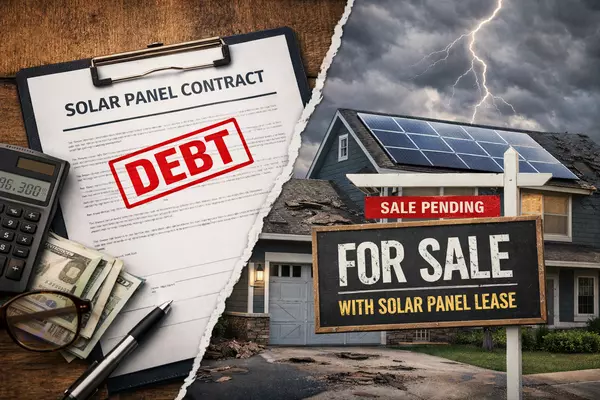
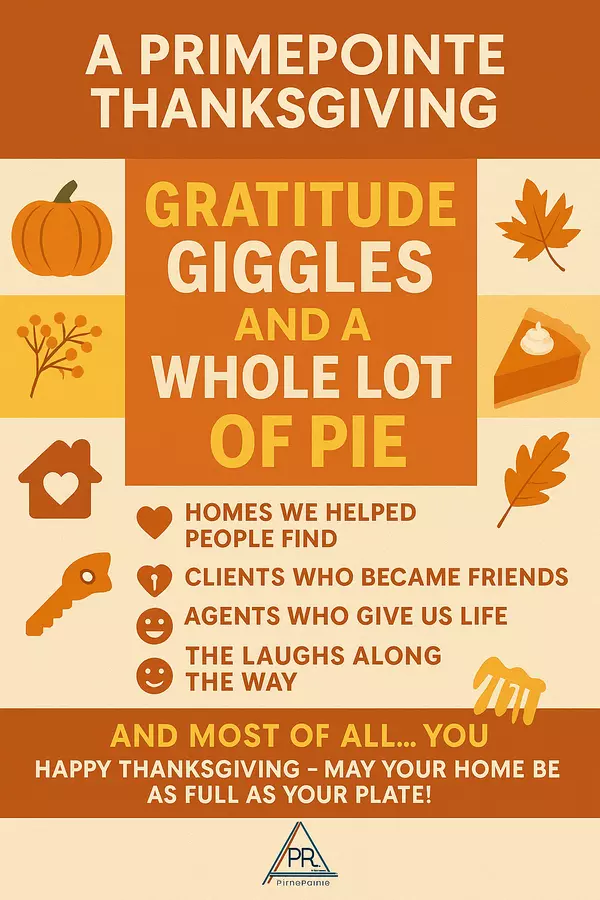



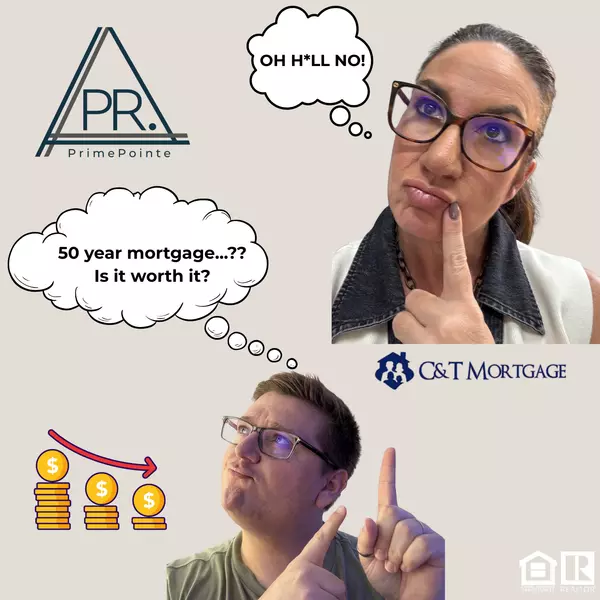
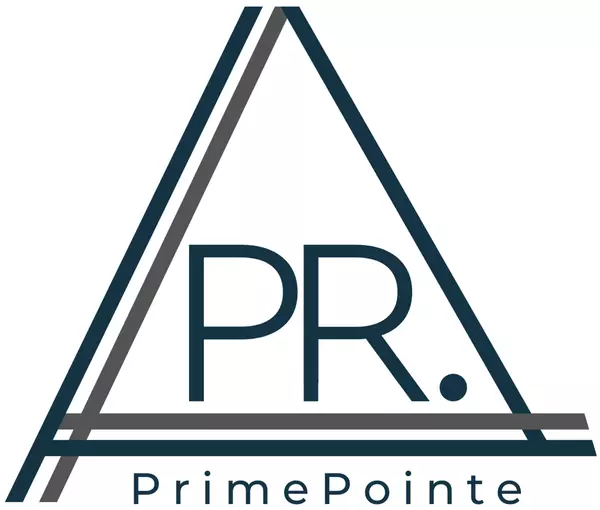

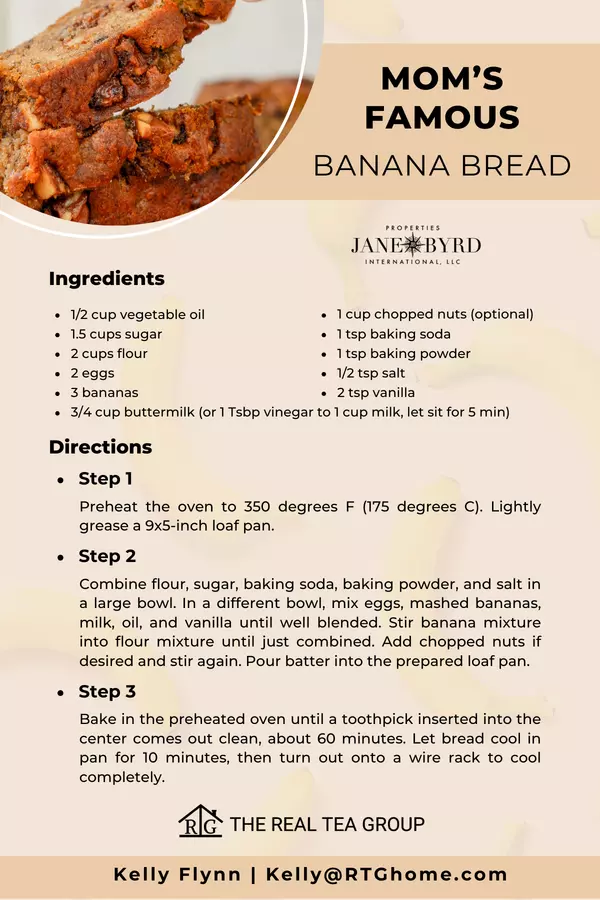

GET MORE INFORMATION

